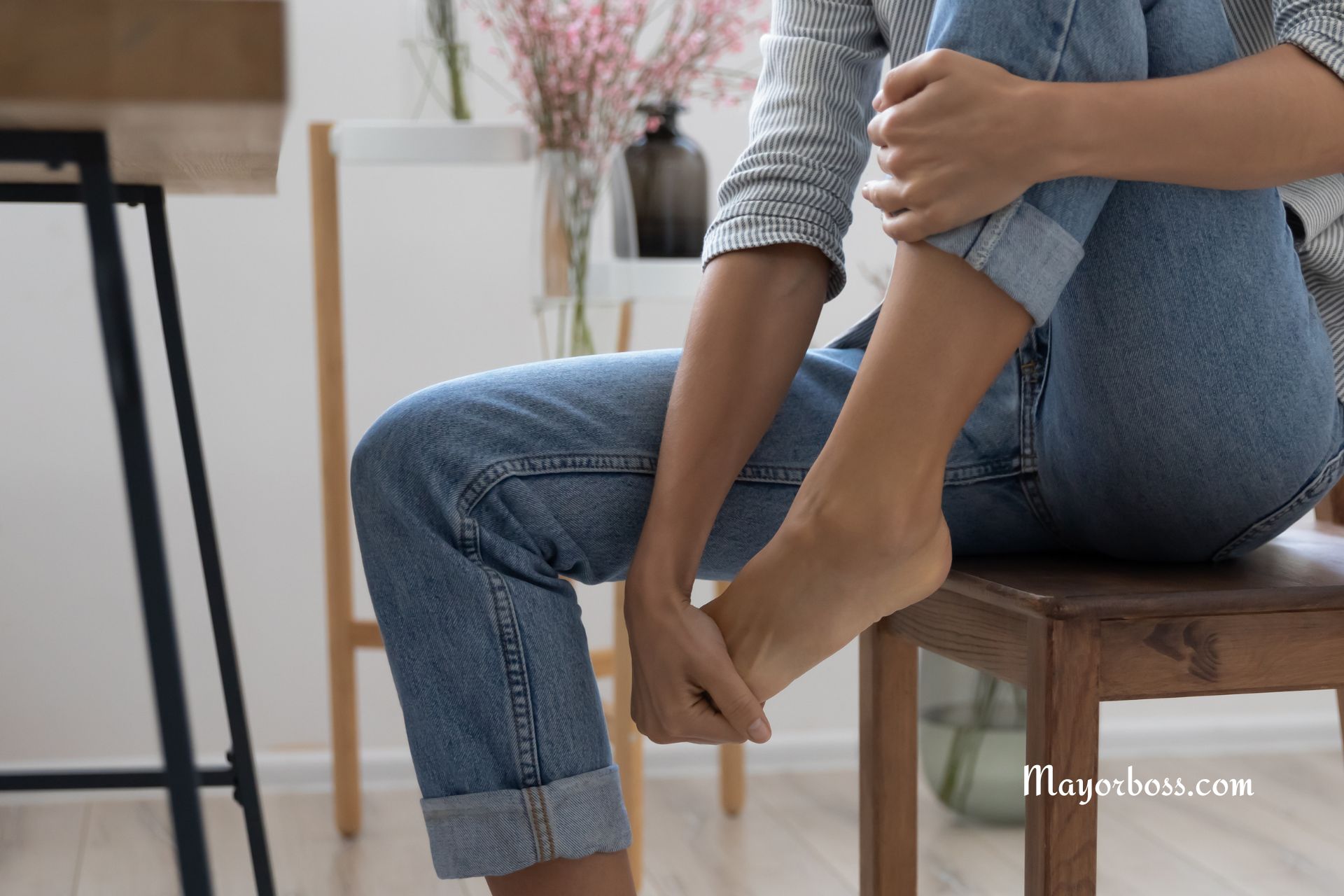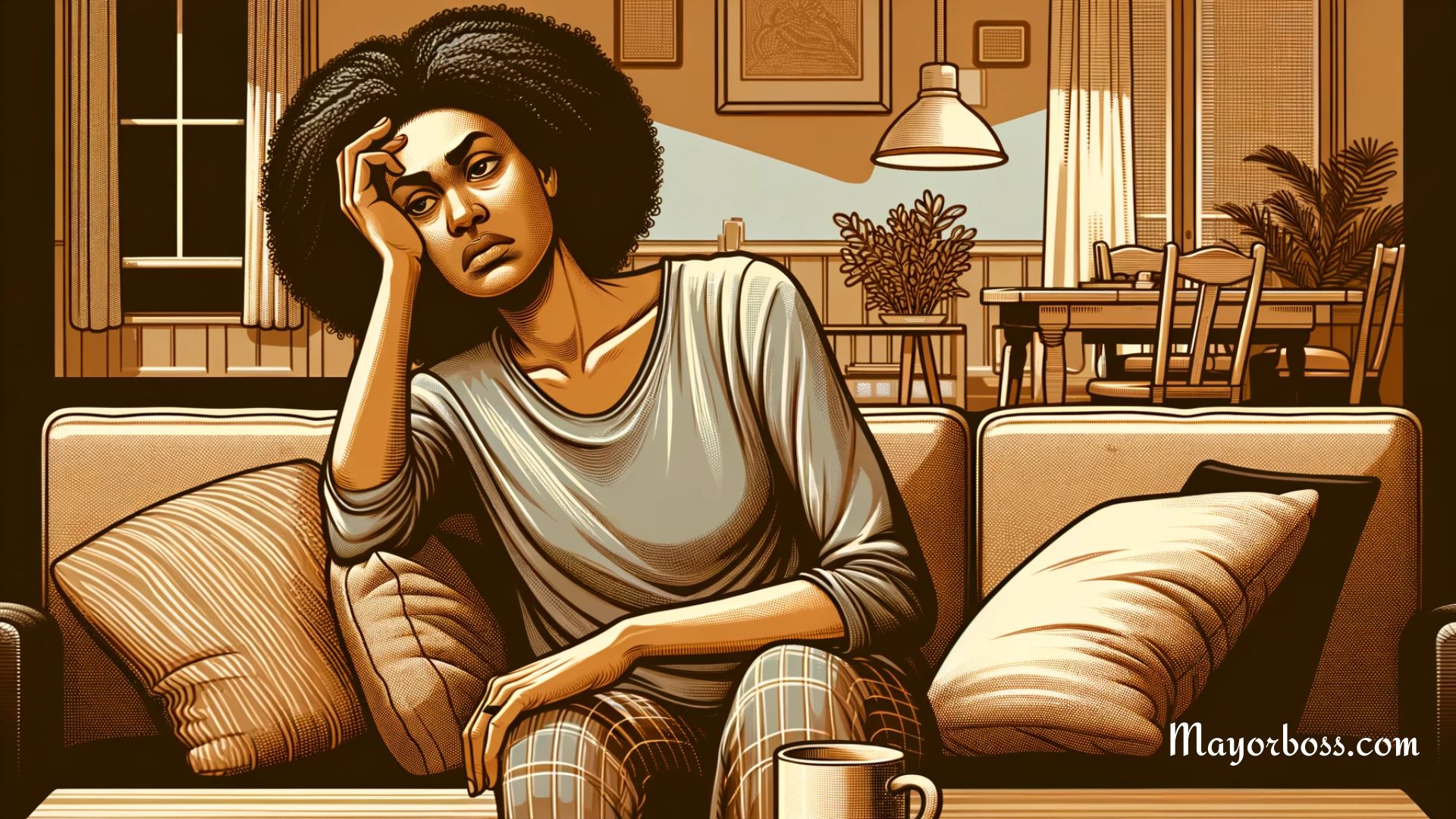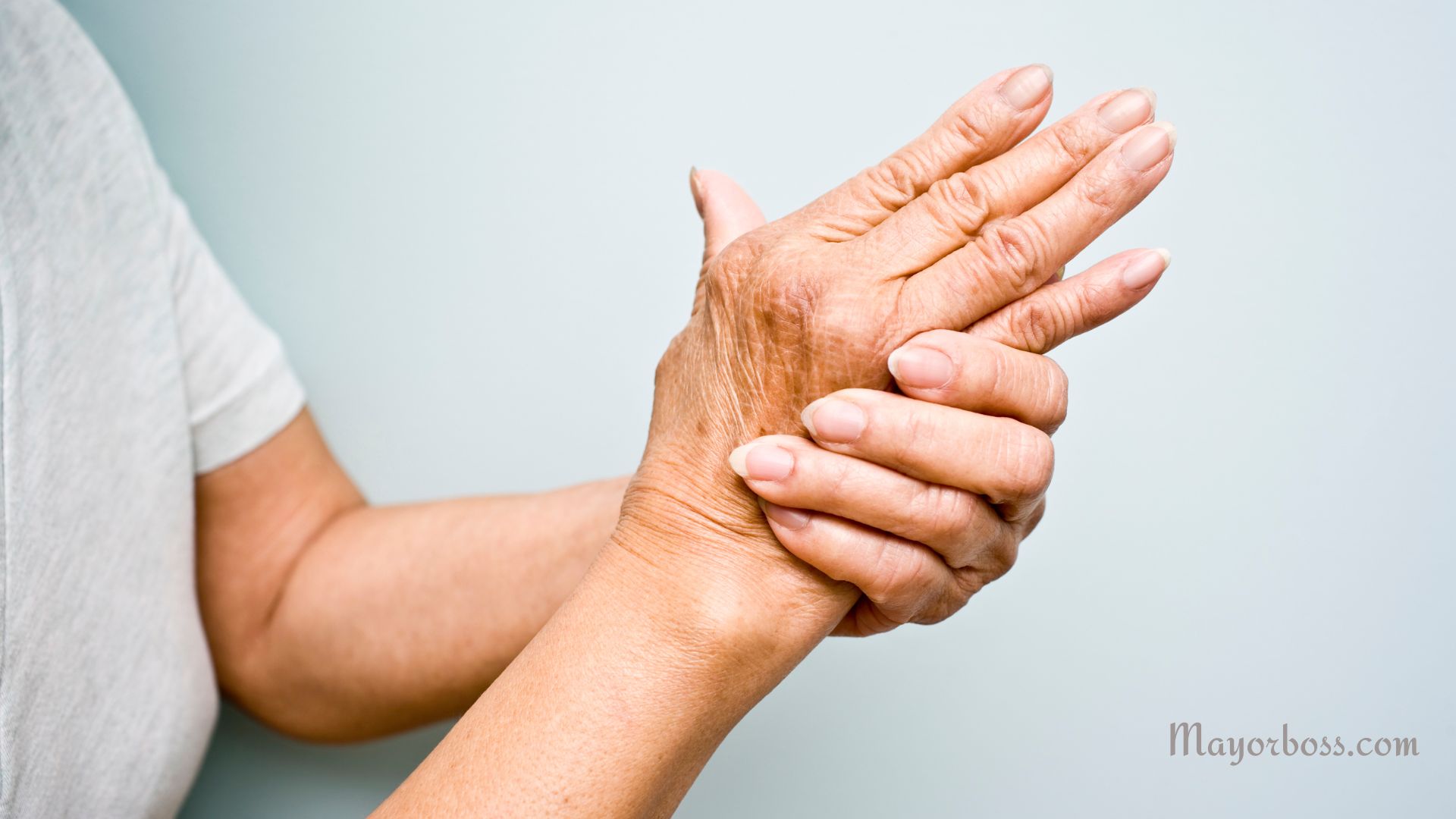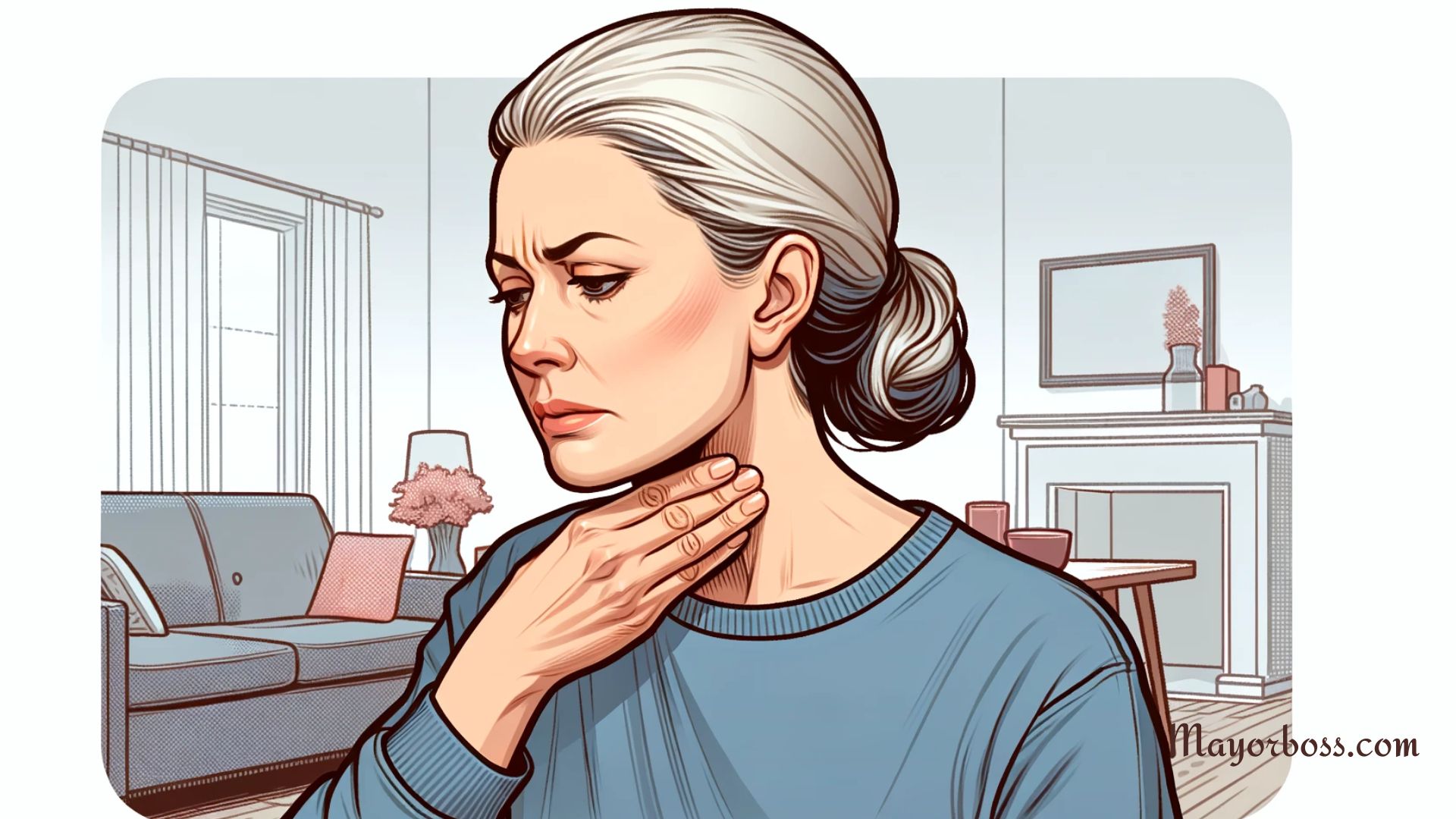If Your Foot Falls Asleep, This Is What It Means
Picture this: you’ve been sitting cross-legged on the couch or with your foot tucked under you for a while, and when you go to stand up, a bizarre sensation grips your foot. It’s not quite a pain but a distracting mixture of tingling, numbness, and sometimes a prickly feeling that has earned it the nickname “pins and needles.” Why does this temporary loss of sensation happen? It turns out there’s a simple explanation.

A Matter of Nerves
The feeling of your foot falling asleep has a medical name: paresthesia. To understand what causes it, we need to dive a little into how your nervous system works. Your nerves are a bit like electrical wires, running throughout your body and carrying messages between your brain and every other part. Imagine them as pathways for sensation and commands.
When you maintain a posture that places sustained pressure on one or more nerves, you start to restrict blood flow to those nerves. They become temporarily squashed, making it difficult for them to communicate properly with your brain—this disruption in communication results in the odd sensations associated with your foot falling asleep.
Why It Happens
Several factors can cause your foot to fall asleep, including:
- Sitting Cross-Legged: This position can press on the nerves behind your knee or under your thigh.
- Prolonged Pressure: Standing or sitting in one position for too long can compress the nerves in your feet.
- Tight Shoes: Wearing shoes that are too tight can squeeze the nerves in your feet.
Wake Up, Sleepy Foot!
Luckily, your foot falling asleep is almost always a harmless and short-lived event. Once you shift position and release the pressure on the nerve, the pins and needles start to kick in as the nerve ‘wakes up.’ This tingling is simply the sensation of your brain and nerves re-establishing their connection and blood flow returning to normal. After a few seconds or minutes, the full feeling returns to your foot.
When A Sleepy Foot Needs Attention
While the occasional foot falling asleep is nothing to worry about, if you find your feet or other body parts are frequently and easily going numb, it might be worth investigating further. Here are some conditions where chronic numbness or tingling sensations may be a symptom:
- Peripheral Neuropathy: A type of nerve damage that often affects the hands and feet. Diabetes is a common culprit, but it can also result from injuries, infections, or even certain medications.
- Multiple Sclerosis (MS): This ailment affects the central nervous system (your brain and spinal cord). Numbness or tingling might be an early symptom.
- Carpal Tunnel Syndrome: This condition is caused by a compressed nerve in your wrist. In addition to pins and needles, you might experience weakness or pain in your hands and fingers.
Simple Ways to Help Prevent Paresthesia
The best way to keep those tingles at bay is to get moving! Here are some easy tips:
- Change Positions Regularly: If you’re going to be sitting for a long time, change your posture frequently. Avoid crossing your legs, and don’t stay stuck in one position for hours on end.
- Stretch: Get up and stretch your legs or take a quick walk every so often to promote blood circulation.
- Comfortable Footwear: Tight shoes can create pressure points and increase the chances of tingling feet. Choose well-fitting shoes with proper support.
Frequently Asked Questions
Is it harmful if my foot falls asleep?
Usually, no. The temporary numbness and tingling are usually harmless and resolve quickly once you release the pressure on the nerve.
Why does my foot only fall asleep at night?
This could be due to the position you’re sleeping in, which might put pressure on your nerves. Try adjusting your sleeping position or using pillows to keep your feet elevated and reduce pressure.
Can poor circulation cause my foot to fall asleep?
Yes, poor circulation can contribute to this sensation. When blood flow to an area is reduced, it can cause numbness and tingling. Improving your circulation through exercise and a healthy diet can help.
How long does it take for the sensation to go away?
Typically, the tingling or numbness will start to fade once you change positions and relieve the pressure on your nerves. It usually goes away within a few minutes.
When should I see a doctor about my foot falling asleep?
If you experience regular or persistent numbness or tingling in your feet or other body parts, even without noticeable pressure on nerves, consult with a doctor to investigate whether there’s an underlying medical cause.
In Conclusion
The occasional case of a foot falling asleep is just your body telling you to change positions and allow your nerves to clear the traffic jam. However, persistent and chronic numbness shouldn’t be ignored. When in doubt, always consult a medical professional to address any concerns.






